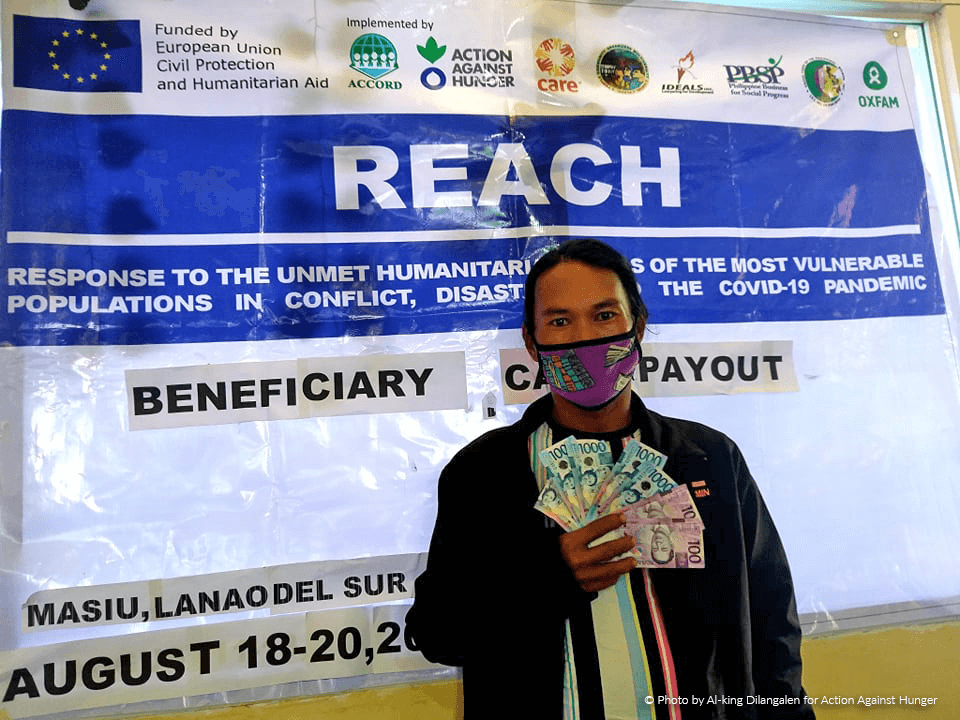Creating Safe Spaces: protection for women, girls, and most vulnerable populations during emergencies
In the face of the Philippines’ complex humanitarian challenges, characterized by hazard-induced disasters and armed conflicts, Action Against Hunger has stepped forward to address the alarming rates of gender-based violence (GBV) and Protection risks, particularly affecting women and children. The organization recognizes that this dire situation not only jeopardizes the well-being of individuals but also weakens the societal fabric, diminishing the capacity to protect the most vulnerable.
The Philippines remains one of the countries most at risk of disasters based on the World Risk Index. Within this complex humanitarian scenario, women and children are disproportionately exposed to the perils of protection risks particularly GBV. Whilst GBV persists before the onset of disasters or conflicts, the risks are intensified in crises where protection structures and mechanisms are disrupted and weakened. According to the 2022 Philippine National Health Demographic Survey (NHDS), one in five women aged 15-49 experienced physical, sexual, or emotional violence from their husbands or intimate partners. This figure covers only those who reported and recognized what happened to them as GBV.
Instances of GBV are often underreported, leading to a prevailing misconception that such incidents are uncommon in BARMM. However, women engaged in consultations have revealed distressing experiences, including instances of sexual harassment, coerced marriages, and rape, including cases involving minors, occurring amidst displacement and within evacuation centers. Crises like the occurrence of conflicts or disasters deeply affect communities by disrupting lives, causing trauma, and limiting access to mental health services. These challenges increase vulnerability to GBV as displacement and limited access to basic services exacerbate mental health issues and may perpetuate cycles of violence. Marginalized groups bear the brunt, facing heightened risks. Many individuals express uncertainties regarding how to address or seek assistance for these issues, primarily due to fears of shame, stigma, victim-blaming, disbelief, and potential retaliation, exacerbating the already challenging landscape of mental health in these communities.
Jazmin*, a 39-year-old woman, is currently in a temporary unfinished house that serves as a temporary shelter along with three other displaced families. Jazmin expressed fear and worry over her personal security inside the house. Telling her story, Jazmin shared, “Pakagilek sa kangasilingan ta kagina dala pageletan na kabagiga. Yabu pageletan na kulambo para aden bu lending sa kaped a pamilya uman pedtulog magabi.” (there is only one room in the evacuation center and the only division we have is a mosquito net.)
“there is only one room in the evacuation center and the only division we have is a mosquito net.” – Jazmin, age 39
Another story from a displaced community is about 33-year-old Zainab* who is currently staying in an evacuation center in Maguindanao del Sur. Last December 2023, Zainab along with the people from her village was forced to leave their community indue to violent clashes involving non-state armed groups and the military. Throughout her life, Zainab has faced repeated displacement episodes, triggered by recurrent violent conflicts in her community. The persistent and violent nature of fleeing has taken a toll on her psychological and emotional well-being. For now, Zainab shares her anxiety due to the uncertainty of a safe and dignified return. “Ya nin pedtalon, kadakelan sa lekami na gagilekan pembalingan baguli sabap sa di pon gatawan kanu e kambalingan na military operation” (most of the evacuees are afraid to return to their community due to undetermined military operations). Presently, Zainab, who is in her seventh month of pregnancy, can stay in a secure environment where she can receive tailored humanitarian assistance to their needs.
“most of the evacuees are afraid to return to their community due to undetermined military operations.” – Zainab, age 33
Especially during emergencies, creating safe spaces is paramount. Action Against Hunger calls for stricter implementation of laws and adherence to guidelines advocating for the rights of vulnerable populations, especially those who are internally displaced people or at greater risk of GBV, as well as the establishment of safe spaces for women and children, pregnant lactating women, persons with disabilities, and children in humanitarian response. These spaces offer a safe space for women and vulnerable populations to access protection services and GBV referral pathways.
Action Against Hunger’s intervention in responding to GBV and VAW in the Philippines is a testament to the organization’s commitment to addressing the most pressing issues vulnerable communities face. By taking a gender-transformative approach, Action Against Hunger is not only mitigating the immediate impact of GBV but also working towards creating a safer and more resilient future for all. This exemplifies the organization’s dedication to realizing its vision for a world where hunger and violence are eradicated, and all individuals can live with dignity and safety.
*Disclaimer: The names of individuals mentioned in this article have been altered to protect their confidentiality and privacy.


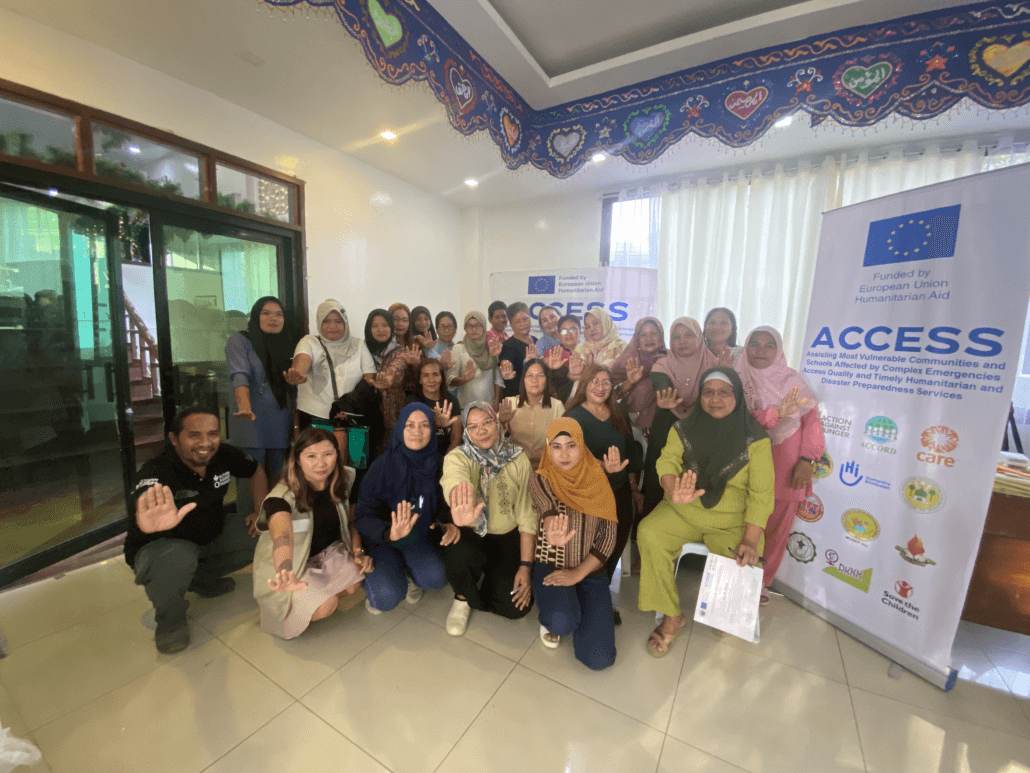

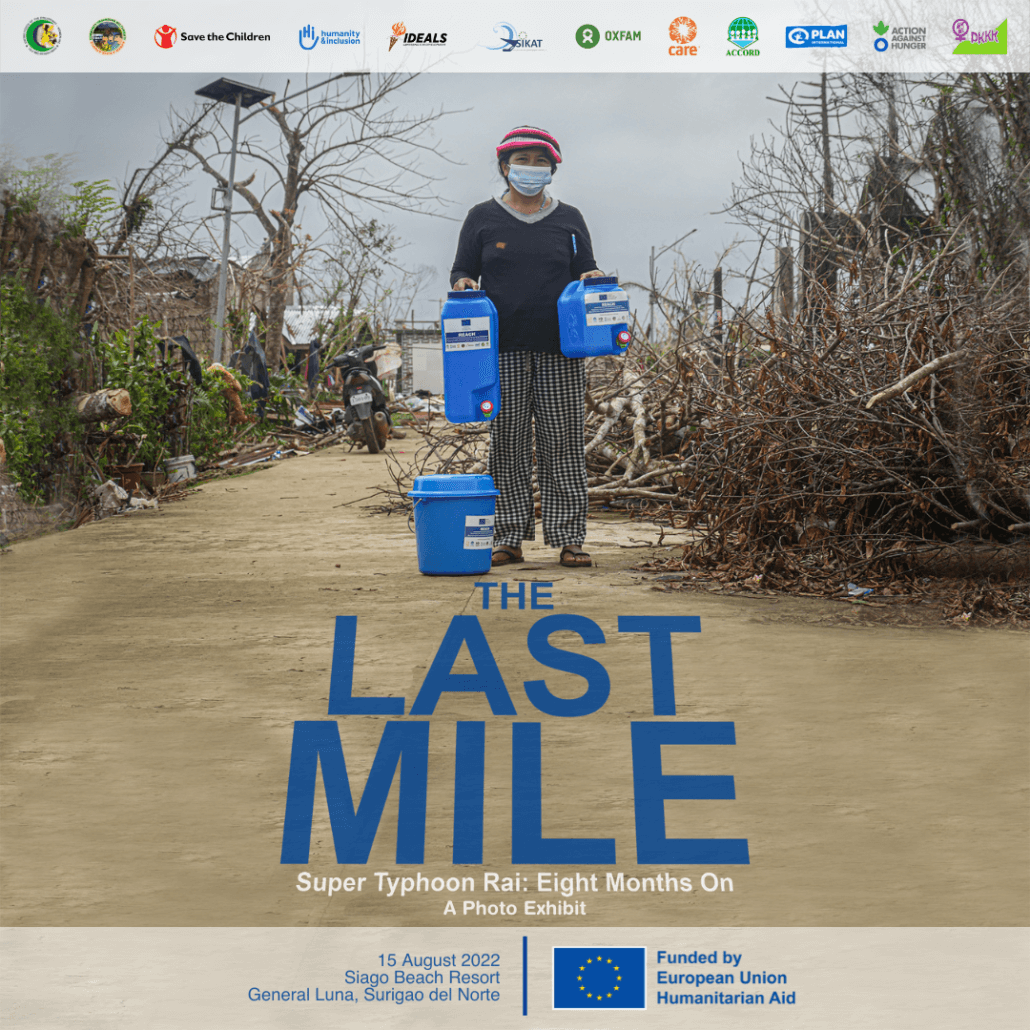
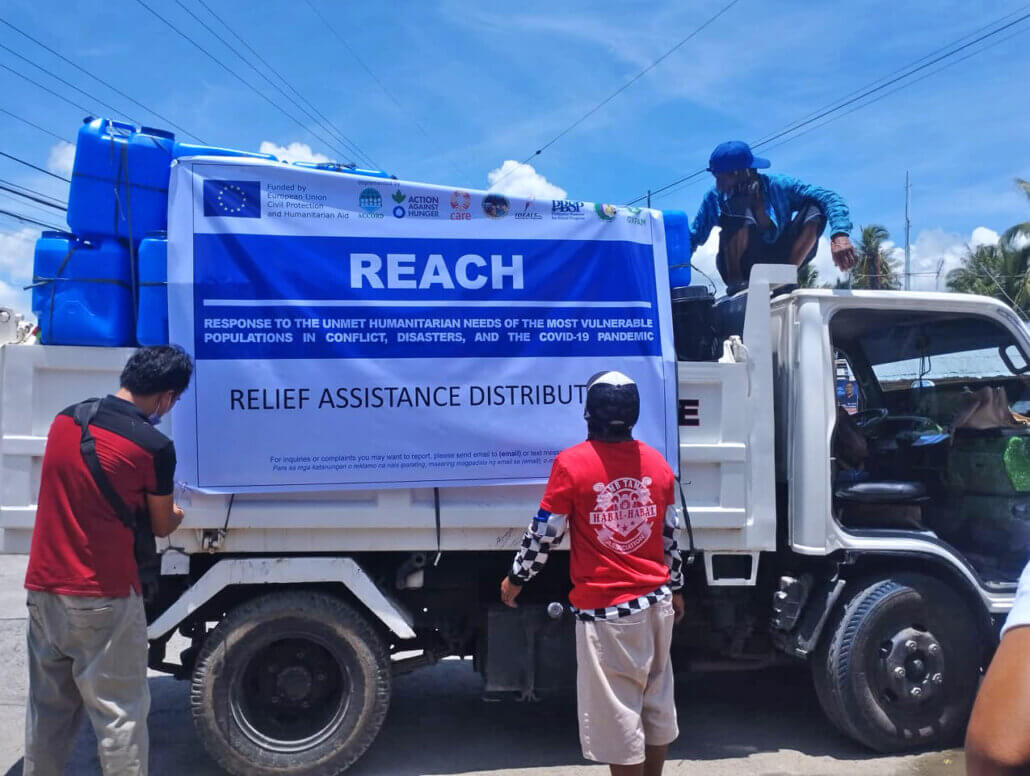

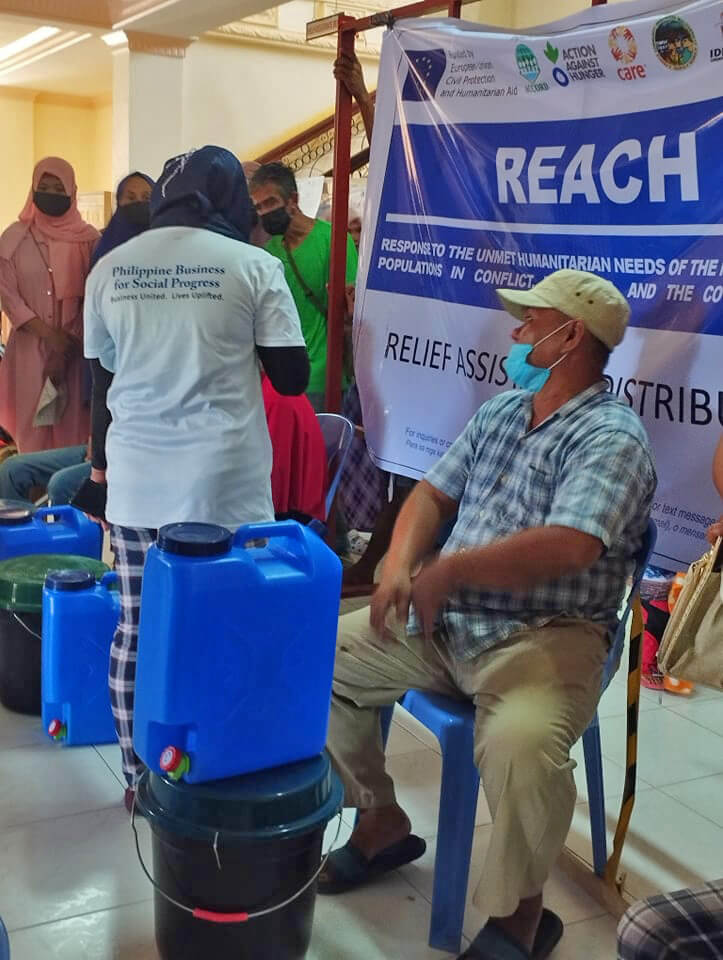
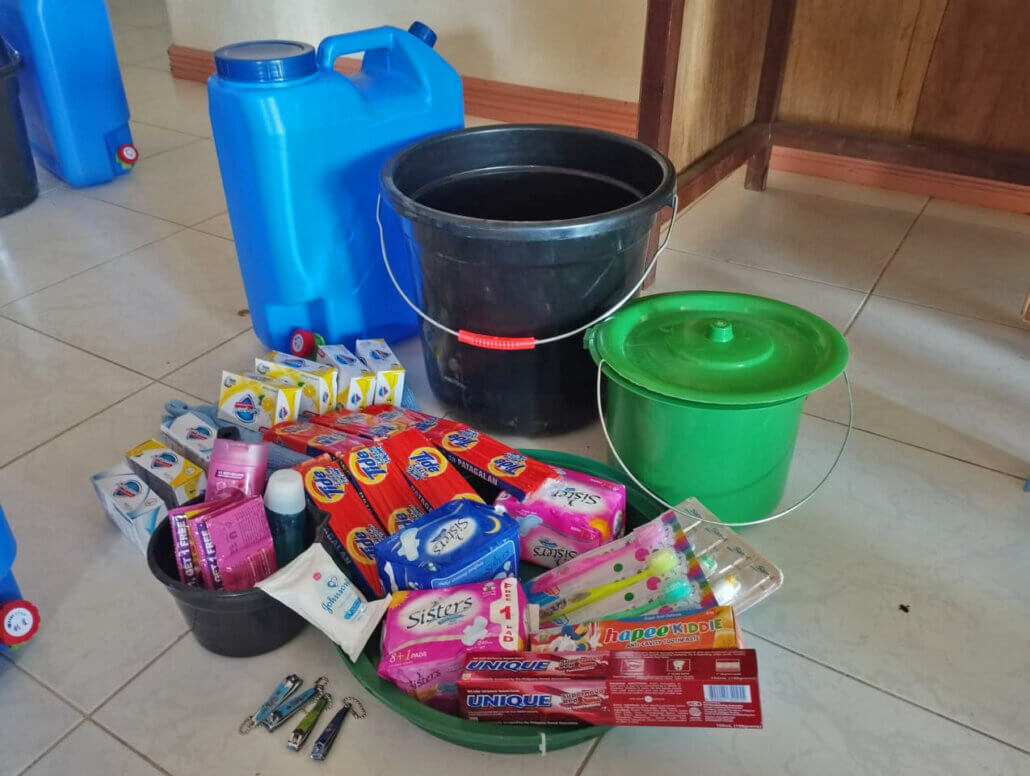
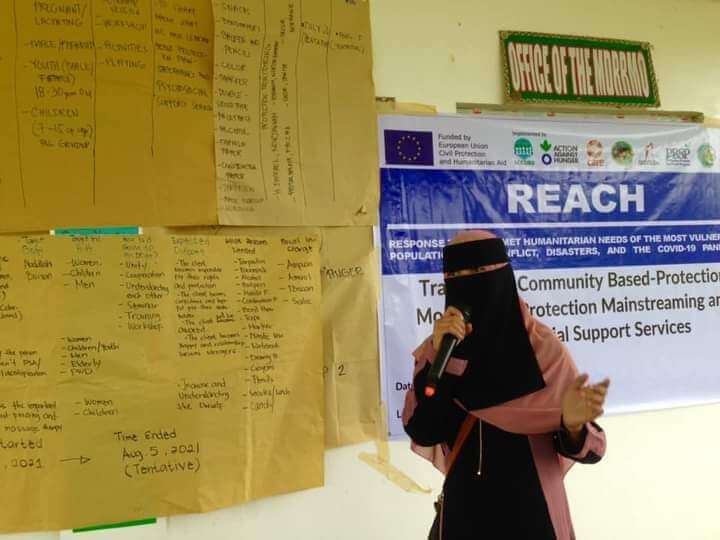
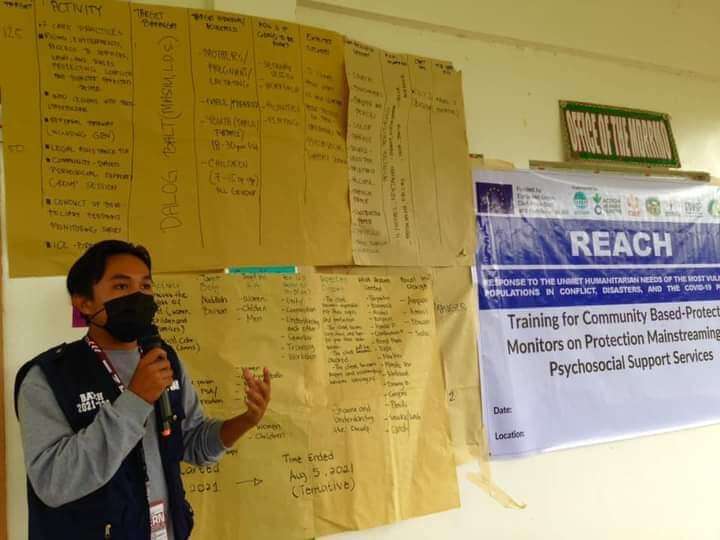
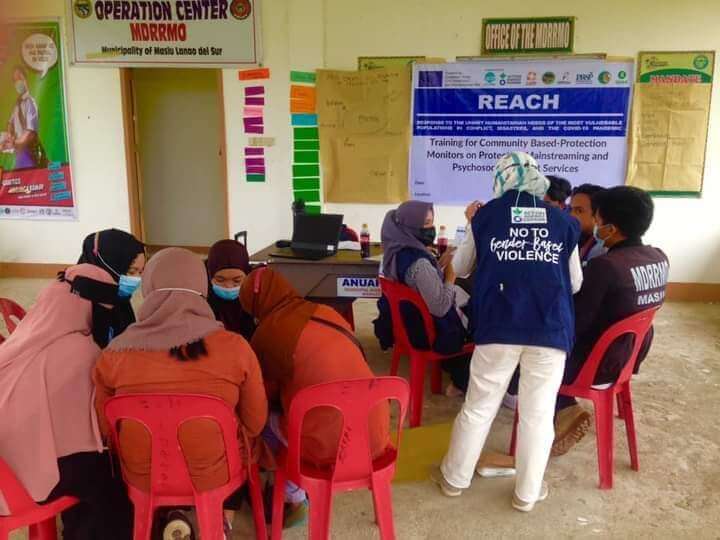
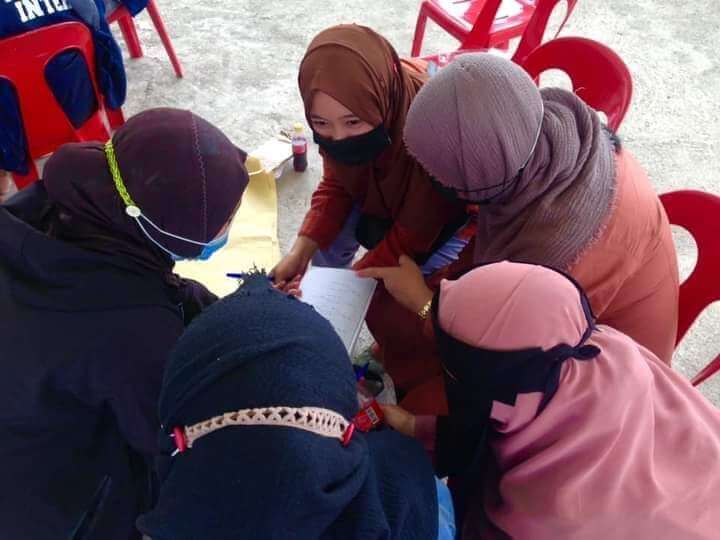
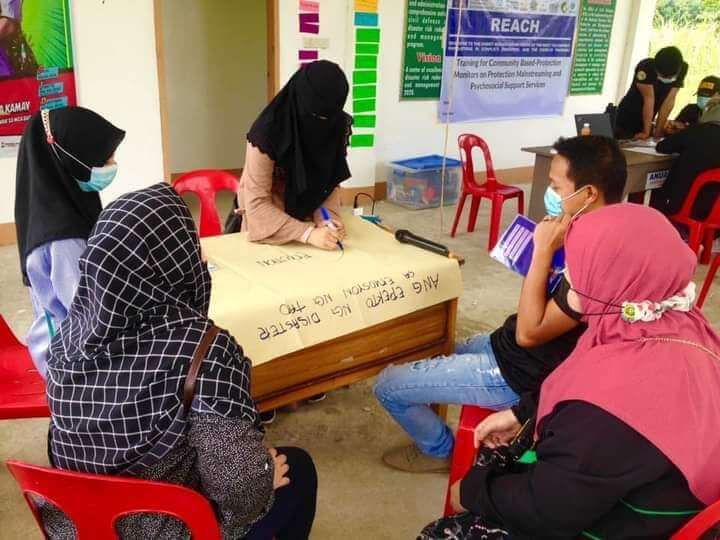
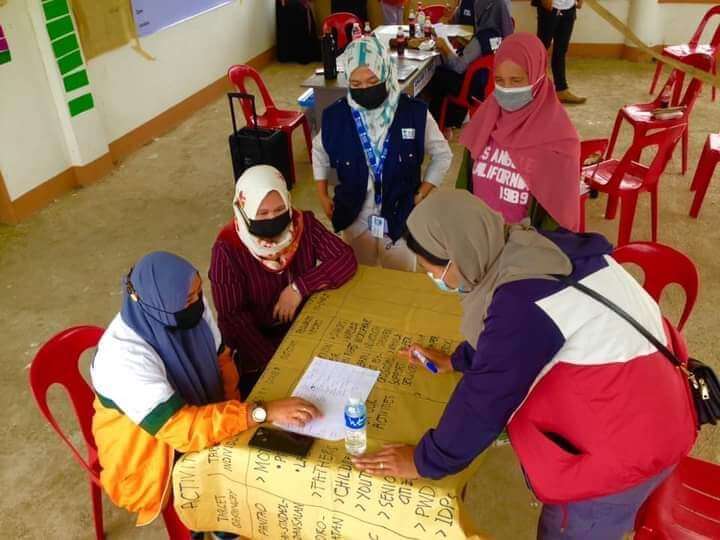
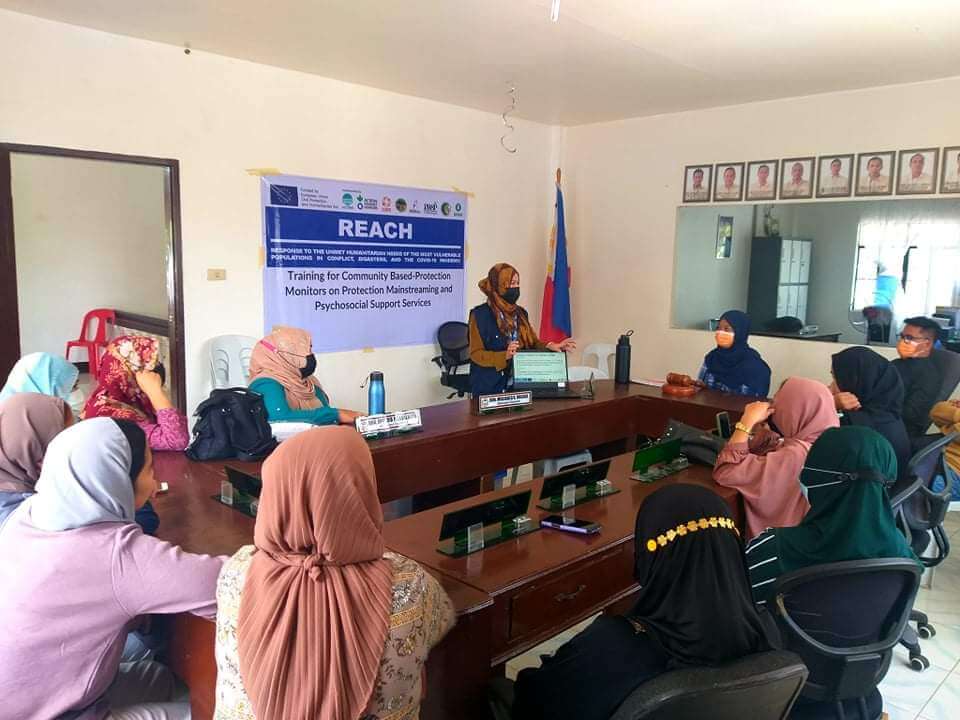
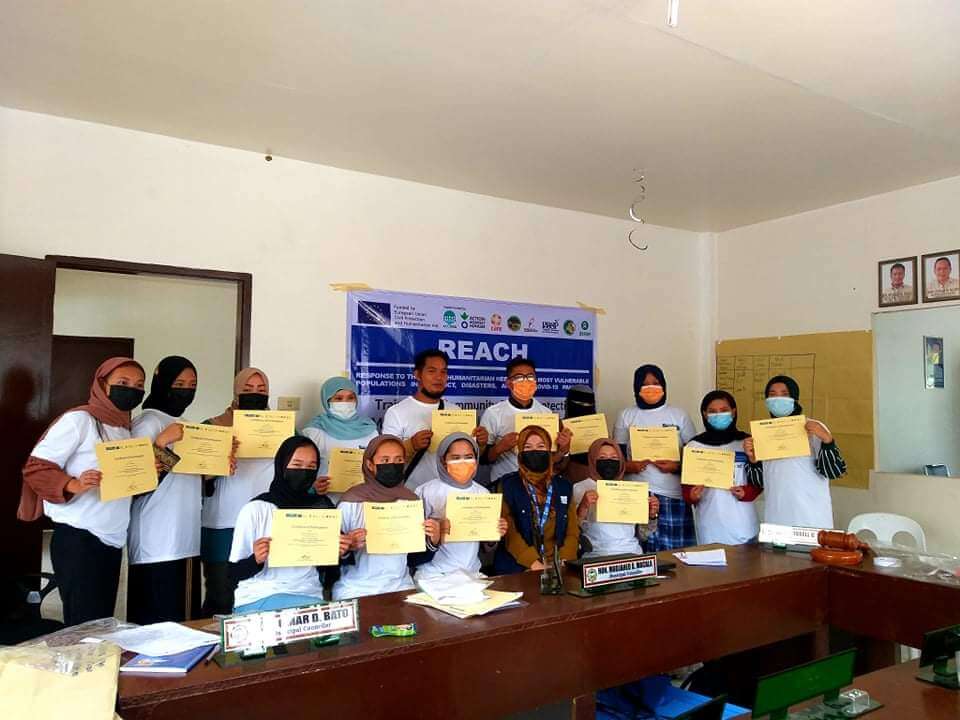
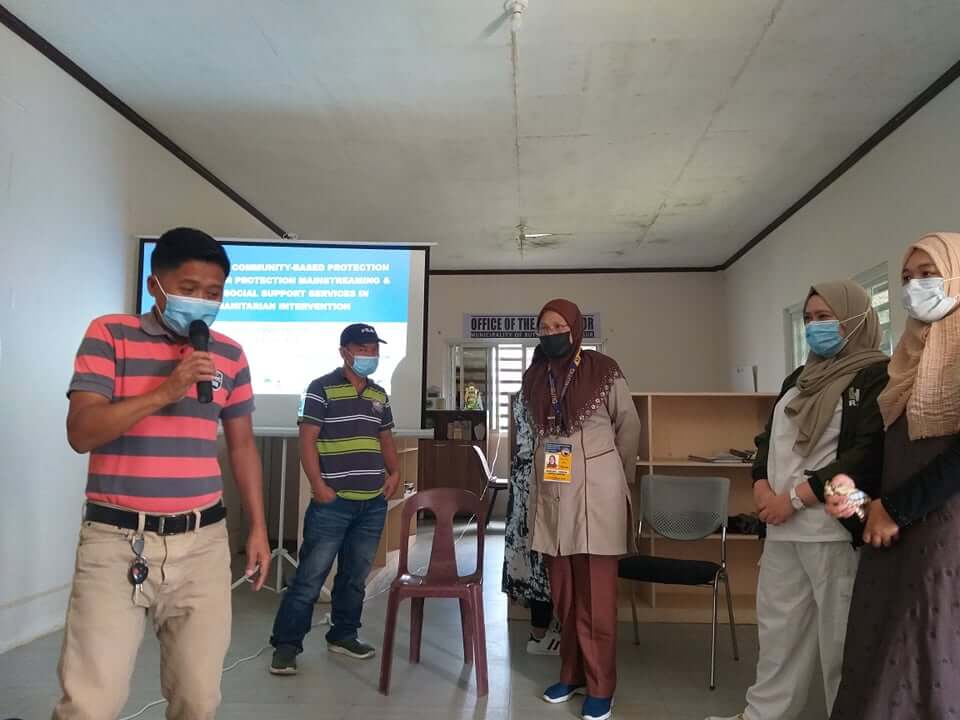
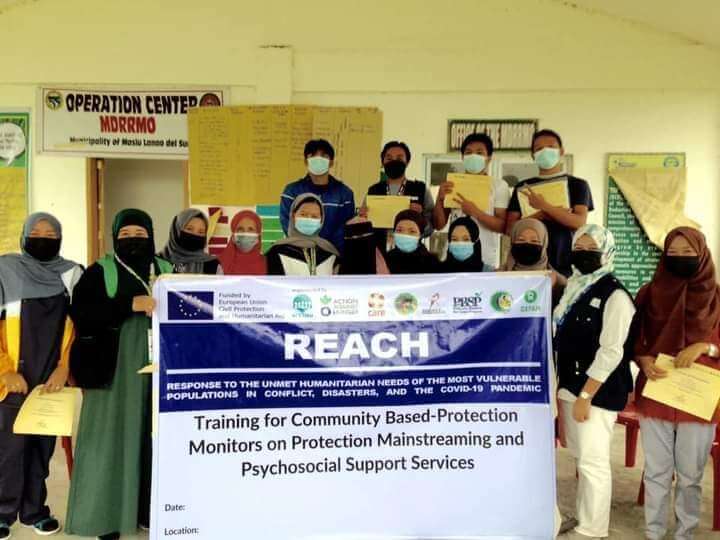
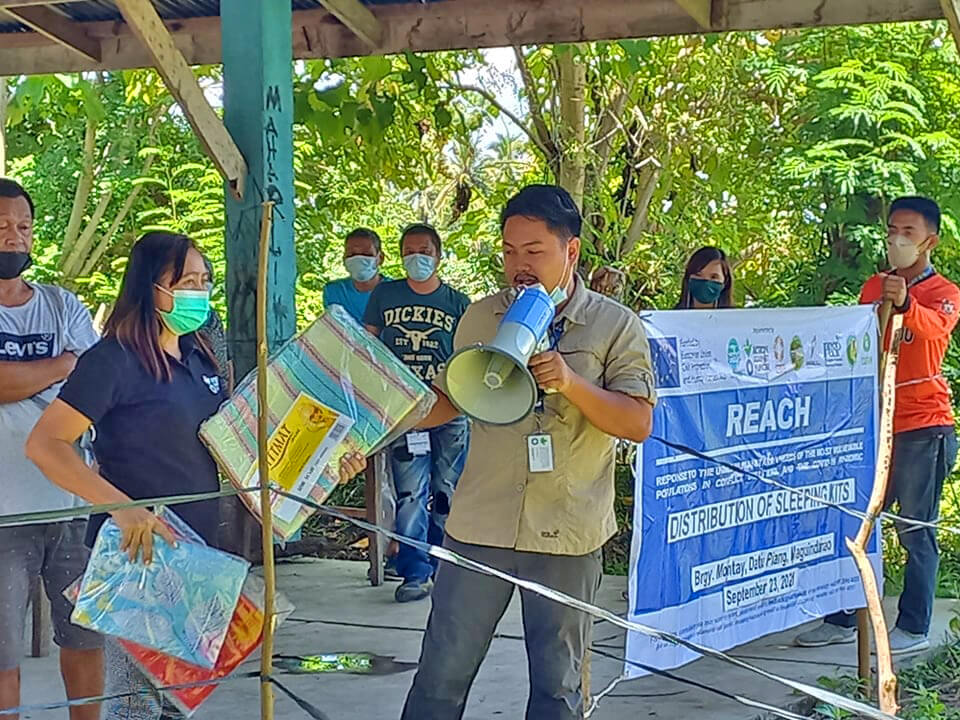
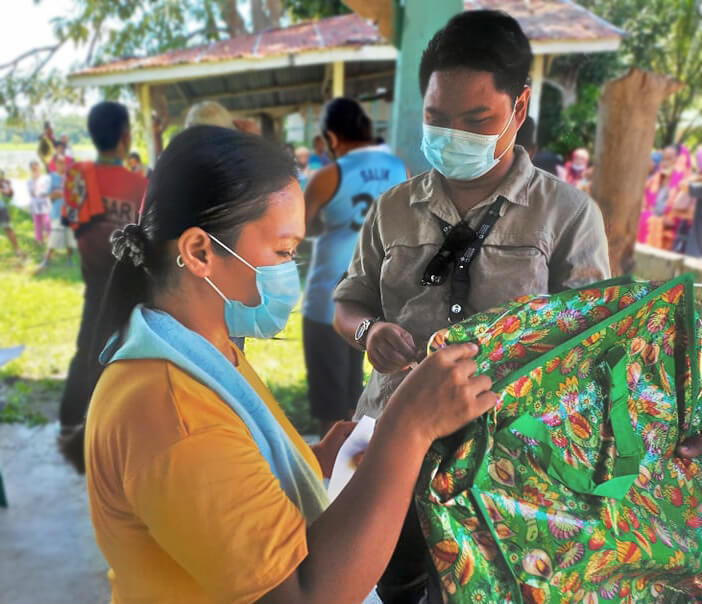
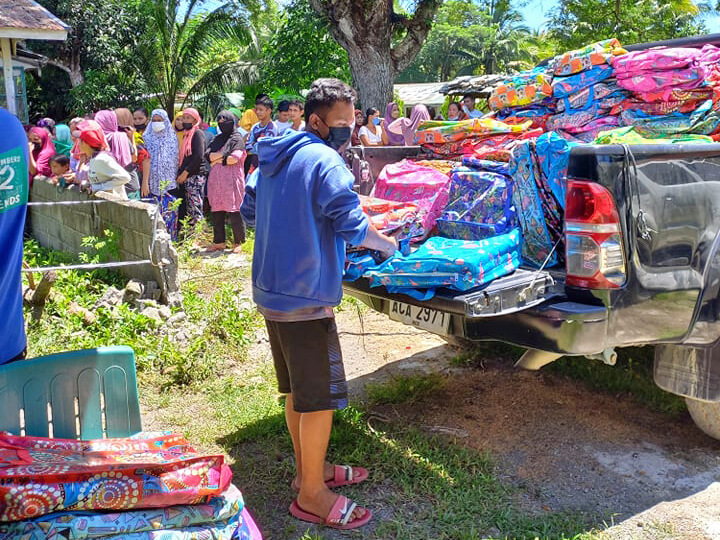
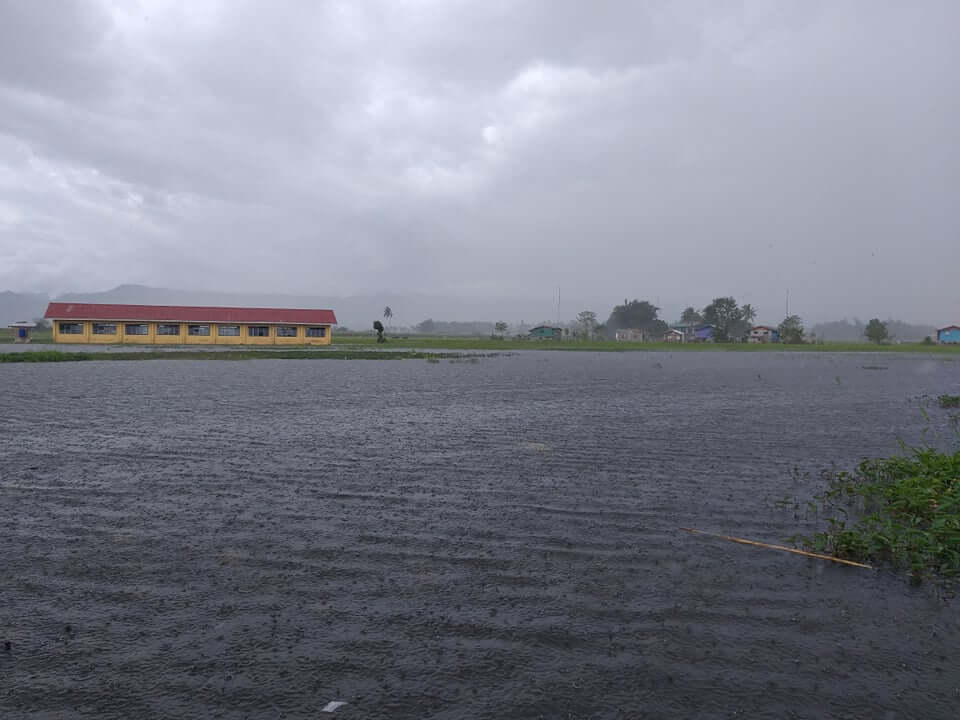
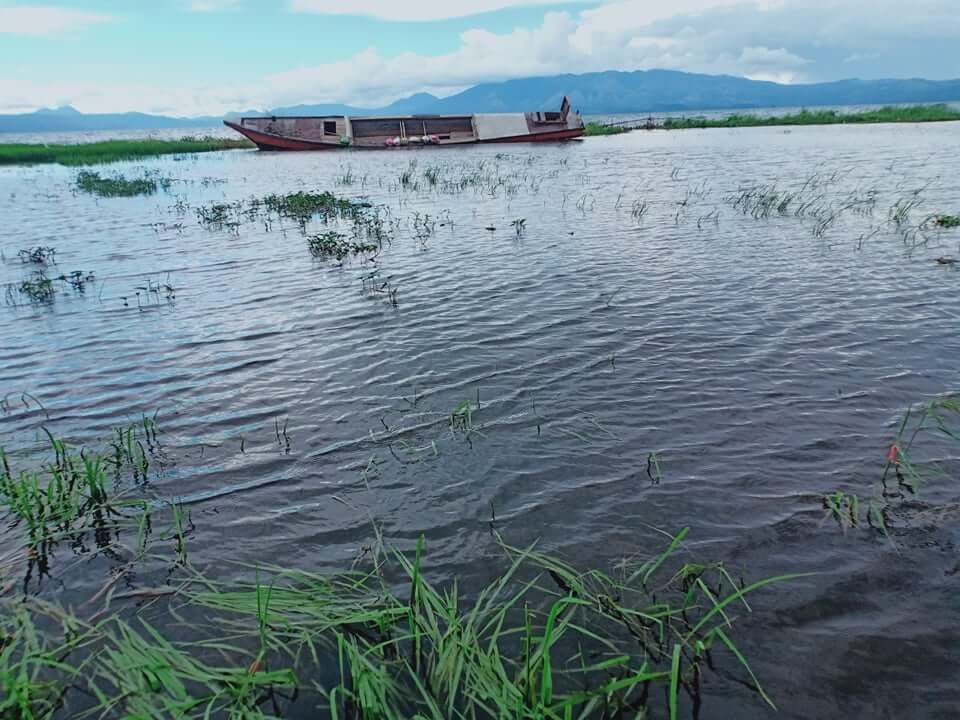
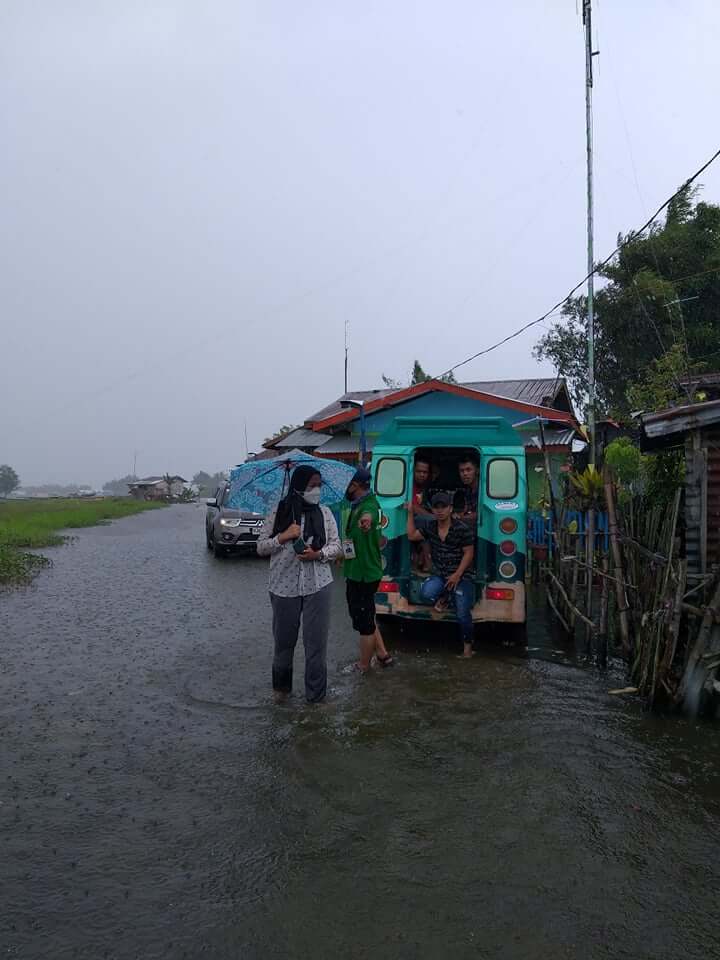

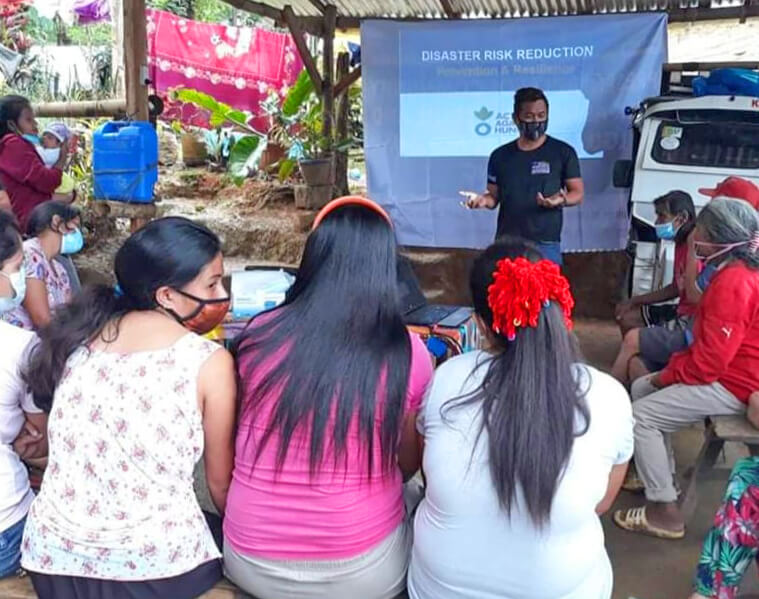
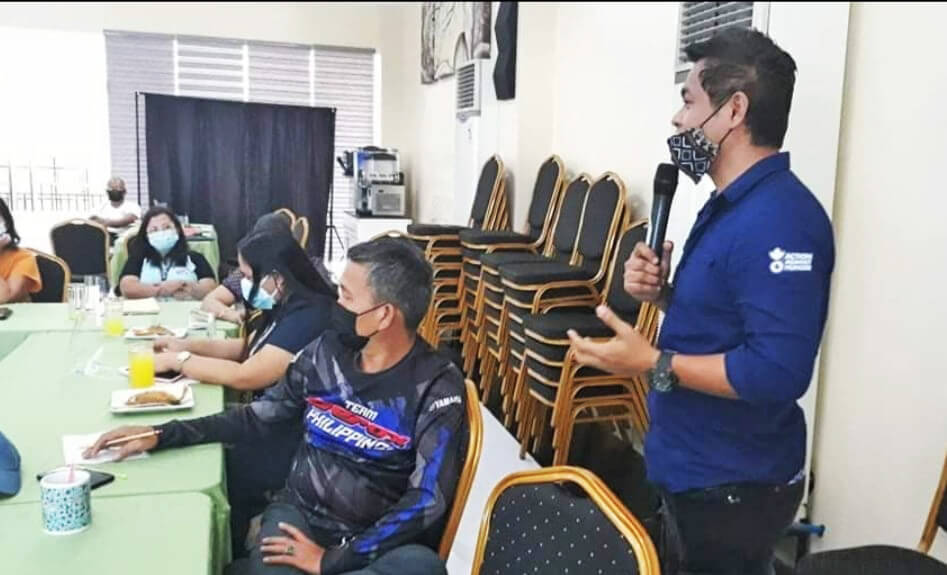
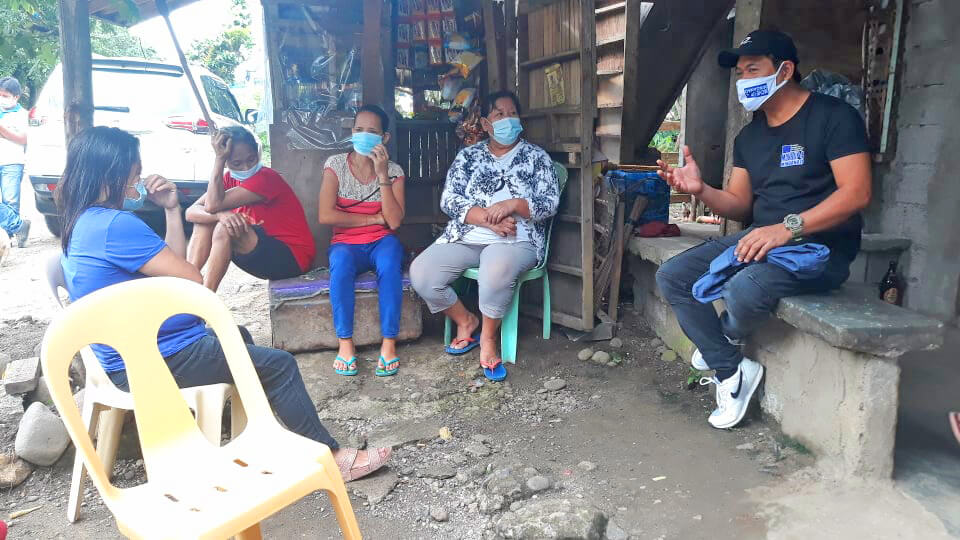
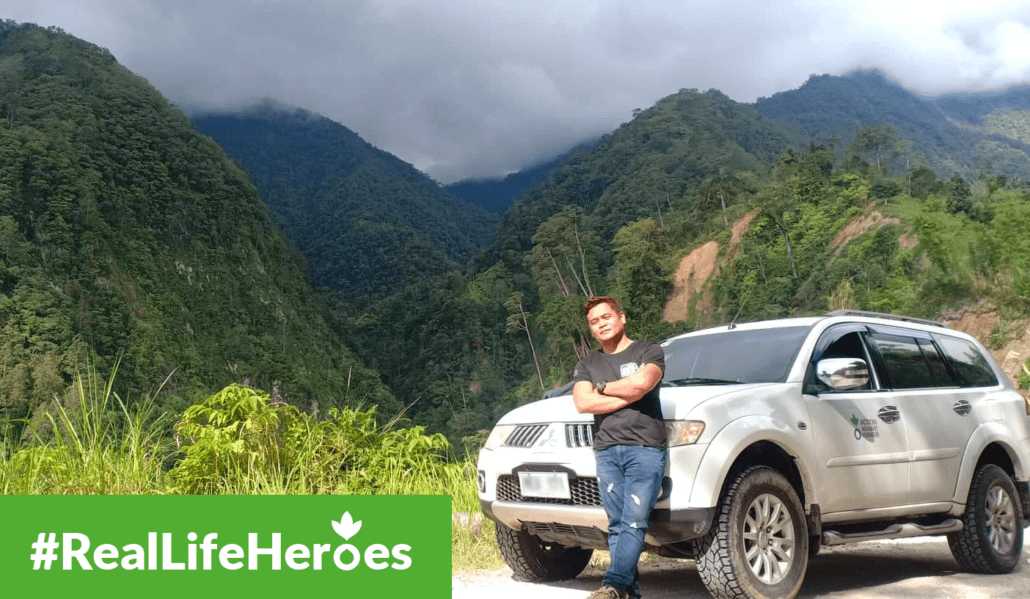










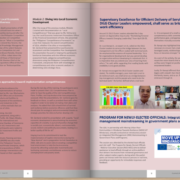
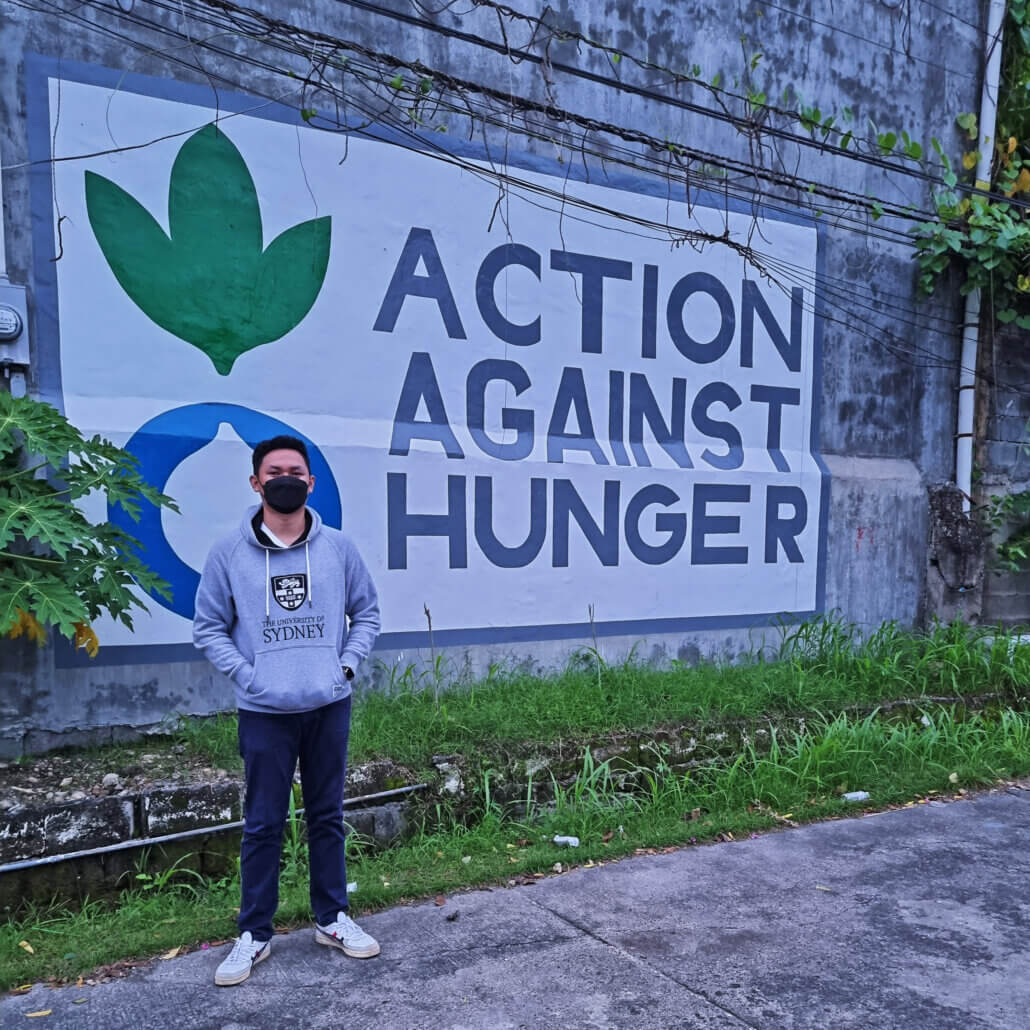
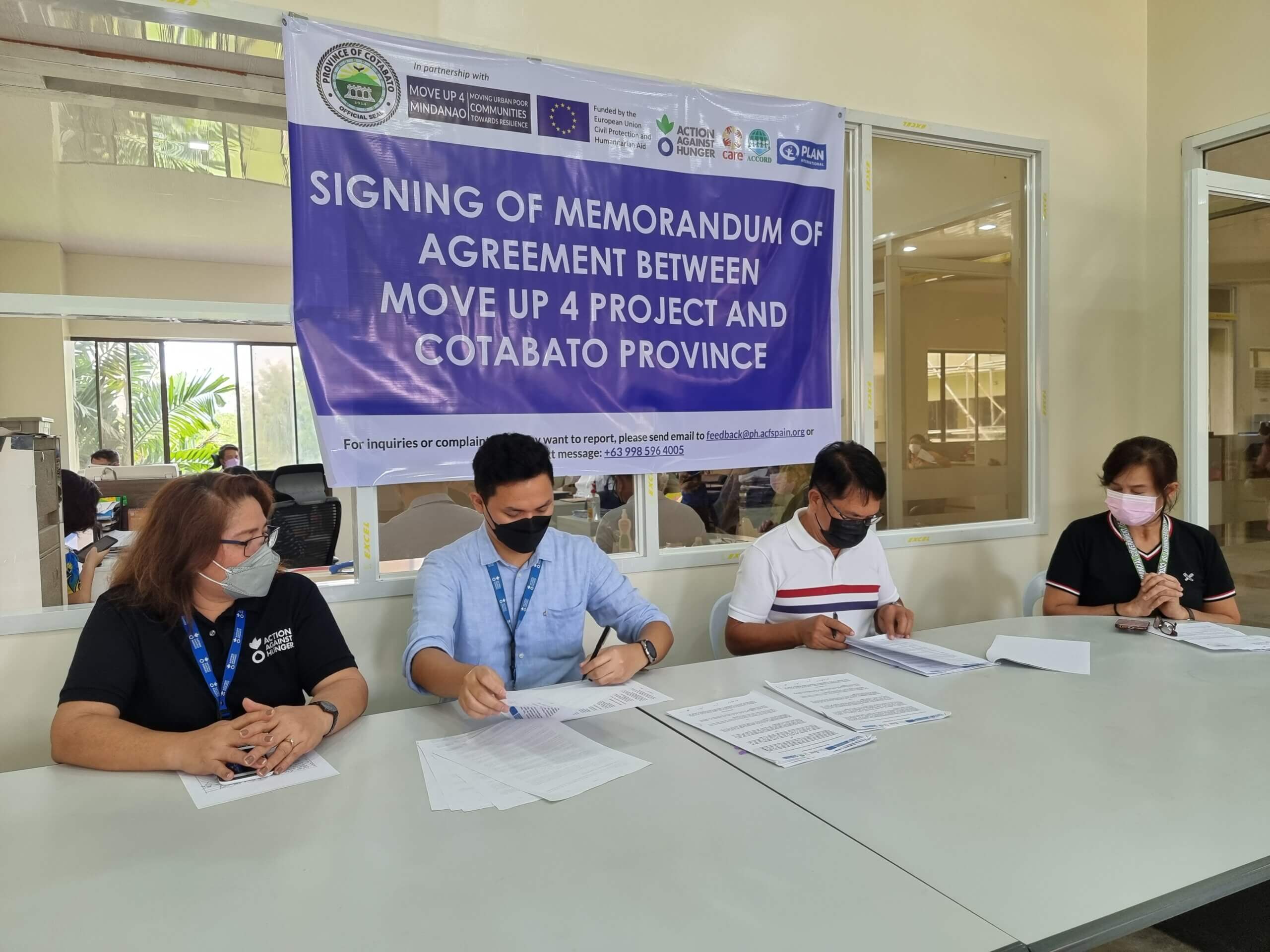
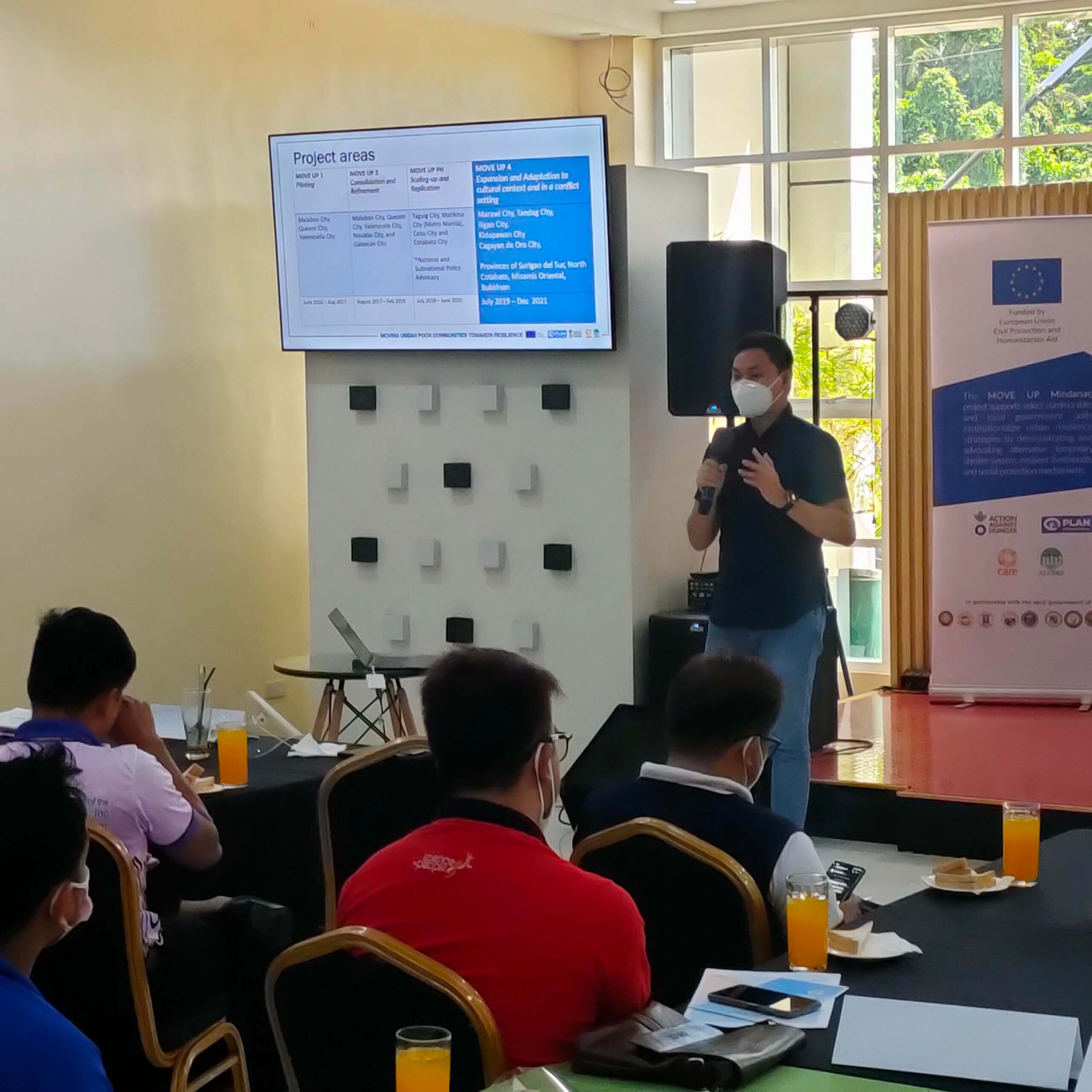
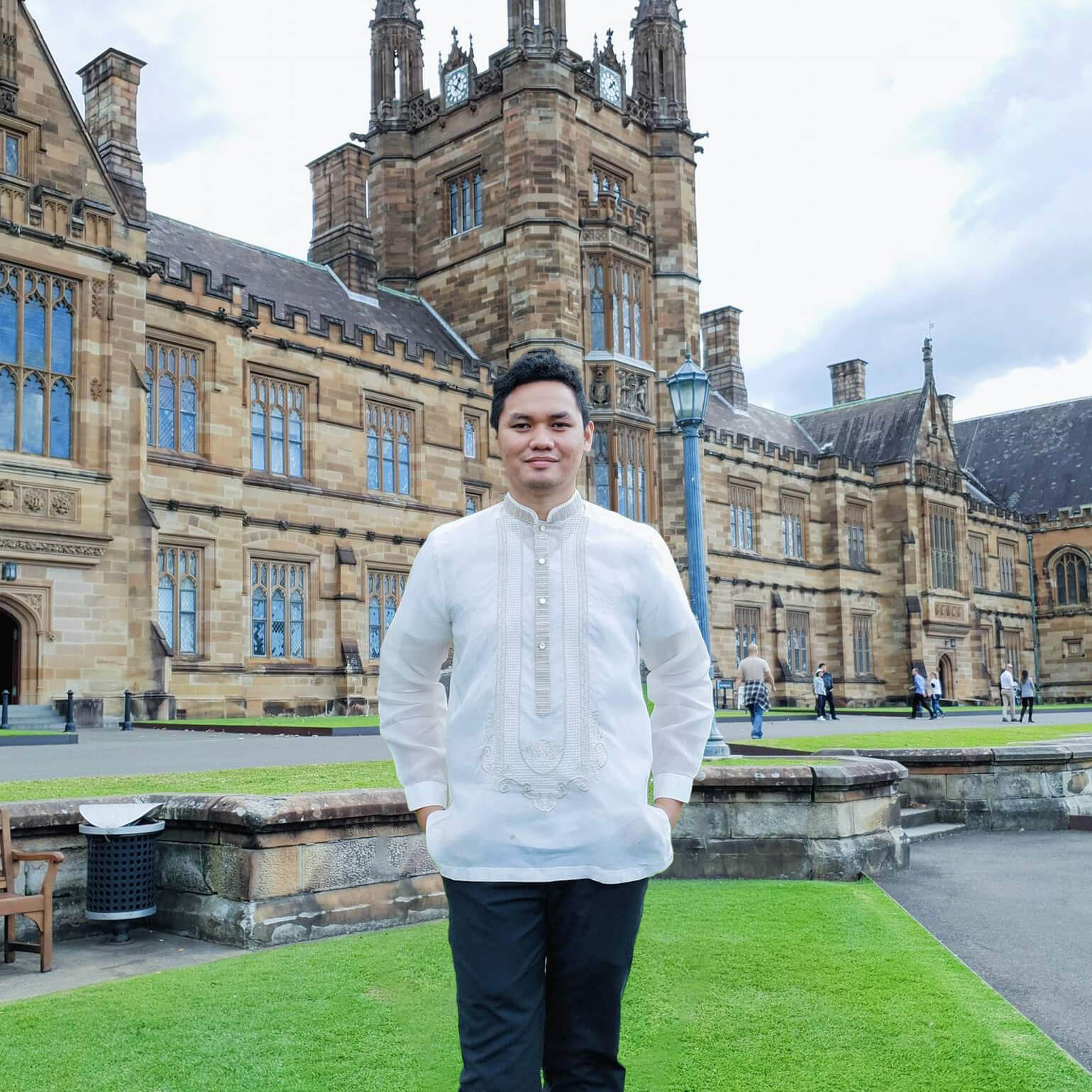
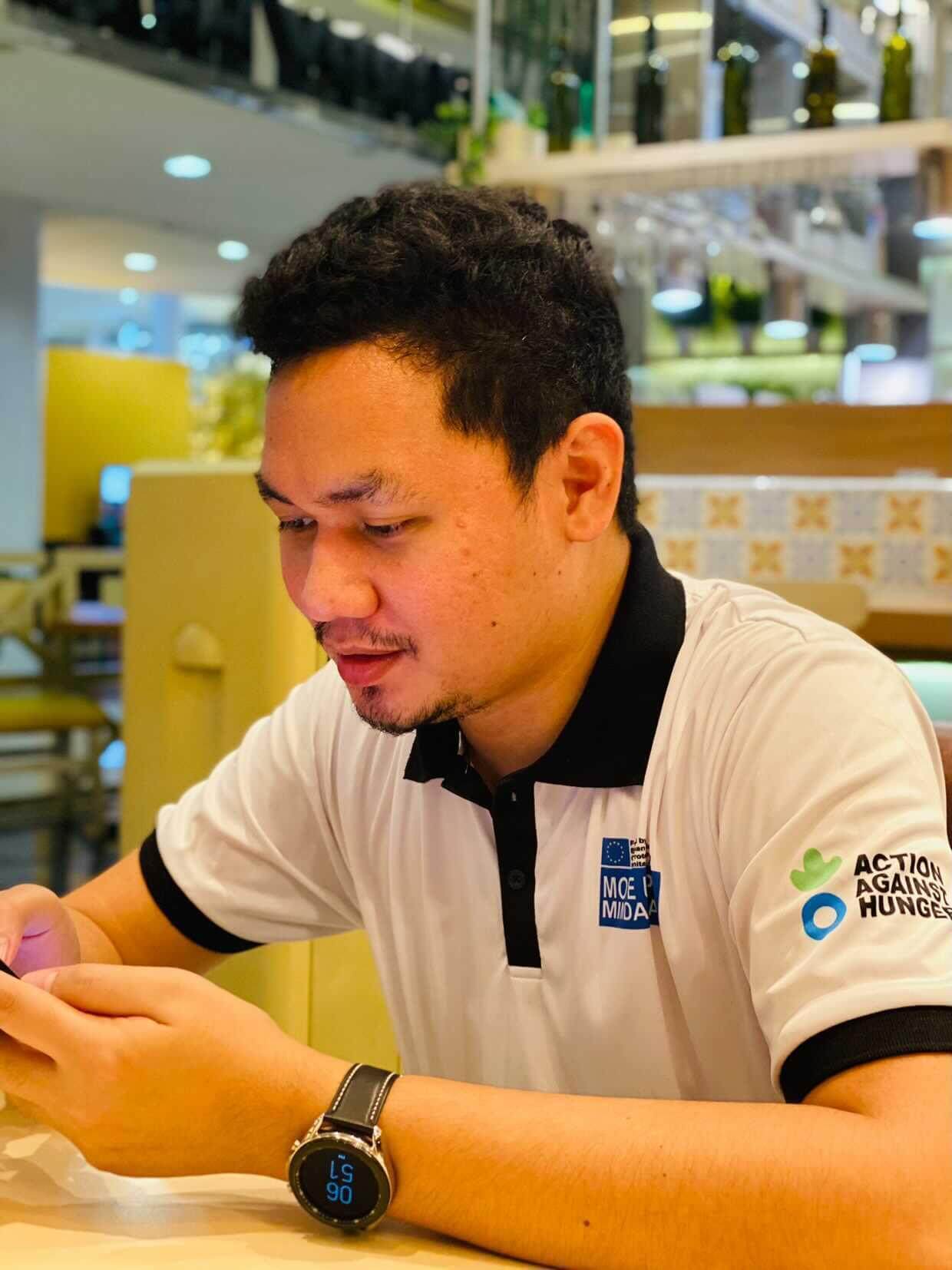
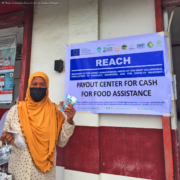 Photo by Juhaina Ebus for Action Against Hunger
Photo by Juhaina Ebus for Action Against Hunger

